Electro Optic Systems Holdings Limited (EOS) has announced it has secured a €71.4 million order from a European NATO member for a new 100kW high-energy laser weapon system designed to counter drones, according to a press release.
The contract, valued at around A$125 million, includes the production and delivery of the system, spare parts, training, and documentation. The order will be fulfilled from 2025 to 2028 by EOS’s facility in Singapore. EOS described it as the first export order globally for a 100-kilowatt class laser defence weapon.
The mobile system will be deployed on a truck and integrated into a multi-layered air defence network. It incorporates algorithms for threat detection, target acquisition and beam locking. EOS said the system builds on its established counter-drone technologies, which have traditionally relied on kinetic weapons, by adding an instantaneous, directed-energy capability.
Testing of the laser system was carried out in close collaboration with customers before the order was placed. EOS said the design specifically addresses the challenge of defending against drone swarms at a cost that allows sustained operations.
“This is the world’s first export order for a 100-kilowatt class laser defence system,†said Dr Andreas Schwer, EOS chief executive officer. “The laser hits the target at the speed of light, unlike a bullet which can take a second or two to get there. The system is very accurate and has a very low cost-per-shot — less than 10 cents per shot. The high power level of this system means it can shoot down more drones faster… up to 20 drones per minute.â€
Schwer said the order was the result of extensive marketing, sales, and customer demonstrations. He linked the system’s relevance to what he called a “world of geopolitical uncertainty and ongoing regional tensionsâ€, where rapid and precise counter-drone capability is increasingly vital.
EOS will display the system at the DSEI 2025 Defence Exhibition & Trade Show at ExCeL London from 9–12 September, where its team will also promote layered counter-drone solutions combining multiple weapon types to meet rapidly evolving battlefield threats.



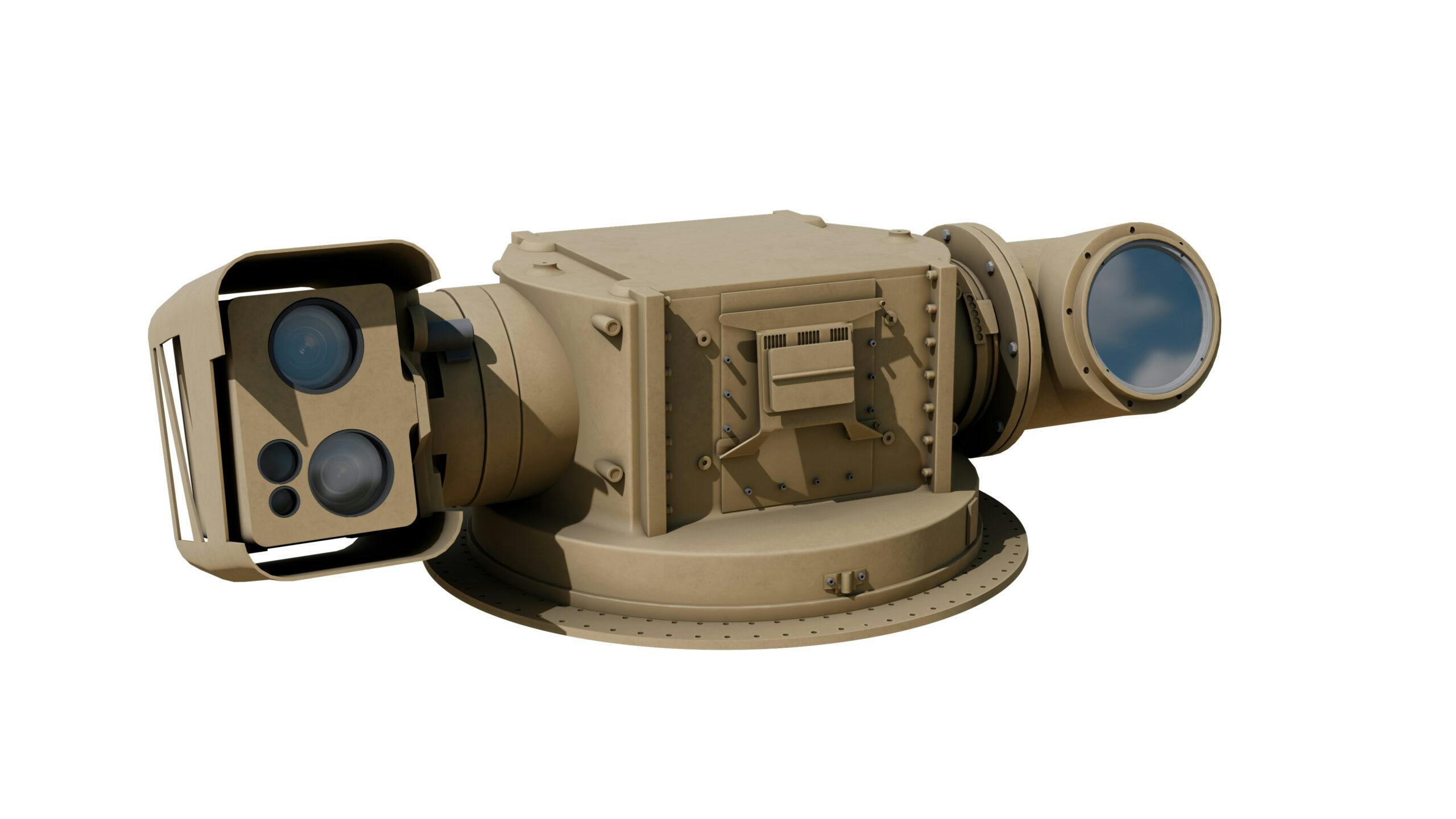

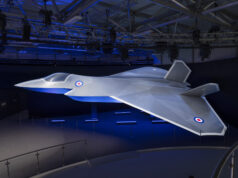
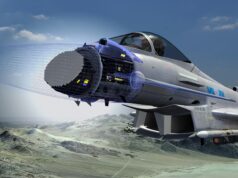
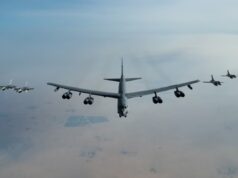
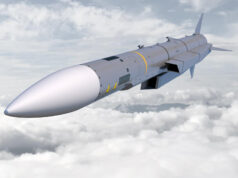
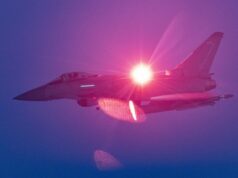

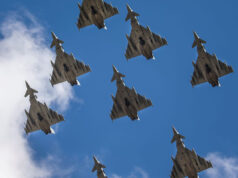
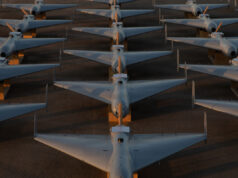


Pew pewpew!
Hope Dragonfire will keep up with the pace of all DEW competition as others seem to be getting more exposure.
Hang on, is this 71.4 million euros for the whole contract or just a single system ? the exchange rate is @ 1 dollar to 1.16 Euros, what is the cost of the system in Dollars ?
Having asked that, 71.4 million Euros for a single Truck mounted system must make that the dearest Truck ever designed.
I remember the same confused costs for Dragonfire on the T45’s.
Anyone clear this up please ?
Newby question. Do you locate the laser system on high ground to maximize the amount of territory the system can protect and accept the fact that low flying drones may mean that any missed shots will strike objects/buildings/people behind the target? Use AI or operator choice to fire when background appears to be uninhabited?
Or do the laser operators locate the system on lower ground so that any misses will be aimed into the sky and the chances of striking an aircraft are vanishingly small?
My gut on this is the former, not the latter, I could argue both.
Another newbie question, do you need strong 😎 when you switch these things on?!
Buy Vuarnet, they are amazing. LOL!
I can get you one of those for half the price, 50% up front 50% on delivery. And I’ll throw in a bridge for free.
Is that like a “Bridging Loan” ?
👠Very good!